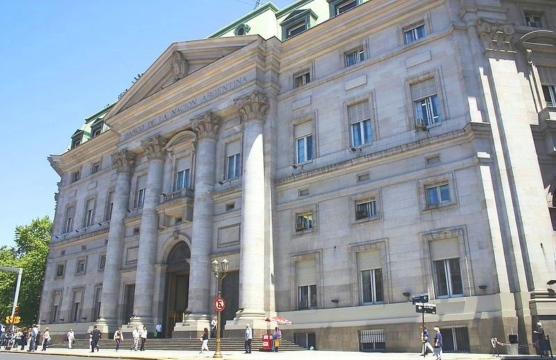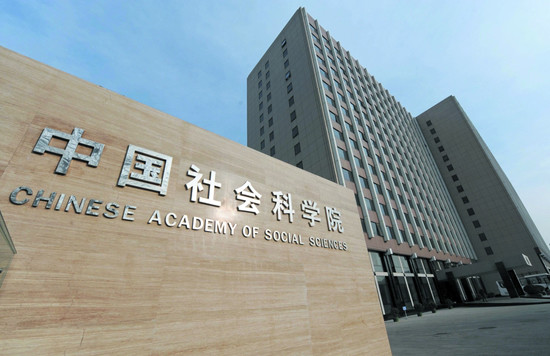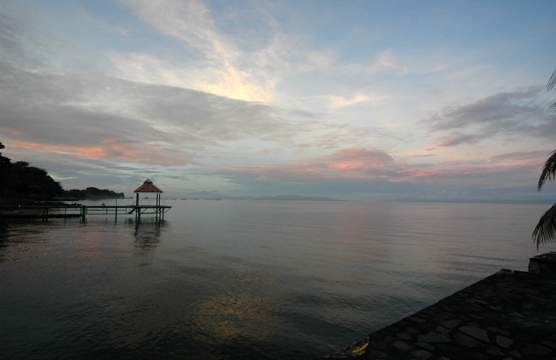
Will Default Dampen China-Argentina Ties?
The Fernández administration’s refusal to comply with a US court order to pay holdout hedge funds has once again landed Argentina in default.
On July 6, 2022, in a hybrid online/in-person event, China inaugurated what it calls the China-Caribbean Development Center, based in the northeastern province of Jinan, China. The inauguration ceremony, which took place during this 50th anniversary year of the forging of initial diplomatic relations within the Caribbean, was attended by Secretary of the Shandong Provincial Committee of the Communist Party Li Ganjie, Vice Minister of Foreign Affairs Xie Feng, and a number of diplomatic envoys of Caribbean countries.
The center’s creation is apparently part of China’s still not well understood Global Development Initiative (GDI), which was announced by Chinese President Xi Jinping at the 76th Session of the United Nations General Assembly, and, as China has noted, seeks to advance implementation of the UN’s 2030 Agenda for Sustainable Development. First announced by Foreign Minister Wang Yi at the Third Ministers’ Meeting of the China-CELAC Forum last December, the China-Caribbean Development Center “signifies the strong efforts of the two sides to accelerate the implementation of the UN’s 2030 Agenda for Sustainable Development and follow through on the GDI,” Chinese Ministry of Foreign Affairs spokesperson Zhao Lijian said. The Center will apparently focus on development issues and cooperation projects.
As China continues to engage the Caribbean, whether through now long-standing bilateral ties, under the guise of the Belt and Road Initiative (BRI), or with the GDI front of mind, Inter-American Dialogue Non-Resident Senior Fellow Rasheed Griffith spoke with us about prospects for China-Caribbean Development Center impact, as well as key trends in broader China-Caribbean relations. Is the future of the two sides “more closely-linked than ever,” as Zhao Lijian suggested?
Question (Q): How was news of the new China-Caribbean Development Center received in the Caribbean?
Answer (A): Uniformed silence remains characteristic of Caribbean media concerning Chinese political developments – even as they relate to the Caribbean. They matter little to the general public. To my knowledge, there was no organic coverage of the China-Caribbean Development center launch event in any of the significant Caribbean newspapers. The social media pages (Facebook and Twitter, primarily) of the various Chinese embassies in the Caribbean will share the news, but the engagement is paltry at best. I often hear many warnings about Chinese government agencies using social media to promote their agendas, but if a tree falls in a forest and no one is around to hear it, does it make a sound? Even the Twitter page of the new Center only has five followers (as of the time of this Q&A) – all of whom are Chinese.
Q: Do you envision the Center and China’s emerging Global Development Initiative impacting China-Caribbean relations fundamentally?
A: The new Center will likely have the same material impact as the China-CELAC forum: none. China, like the US, is adding to the long parade of initialisms to express a demiurgic impulse towards geopolitics. It is a multilateralist delusion since the Caribbean does not have material multilateral institutions with which to engage. The GDI, like the BRI, the Build Back Better World (B3W), or Caribbean Basin Initiative (CBI), should not be taken too seriously. It should be clear to everyone that China’s governing bodies or Chinese companies are not going to stop investments in the Caribbean (or other parts of the world.) It should be clear that the Chinese diplomatic corps will continue toiling in the region to build the scaffolding of a political space conducive to an empathic understanding of Chinese foreign and domestic concerns. Why does it matter what we call this? It only matters in a limited sense confined to a chronic academic need to categorize concepts.
Q: Aside from a continued focus on building ties with the region, what trends do you see in China’s engagement with the Caribbean?
A: I expect more incoherent Chinese investments and loans in the future in the Caribbean. But this incoherence is primarily a reflection of the Caribbean, not China. Of course, it is easy to talk about the Caribbean as a singular object. But there are over a dozen separate governments that each take pride in their insularity. China does not and cannot engage with “the Caribbean.” It has to contend with Barbados, Guyana, Jamaica, etc. An investment in the Bahamas does not induce investment in Trinidad. Yet the framing of discussions tends to make it seem that way.
Keep in mind that engagement is, at minimum, a two-player game. It is crucial to avoid black box thinking. Caribbean governments are incessantly unsophisticated in their domestic and foreign affairs. Across the region, these governments have abrogated even essential responsibilities like prudent monetary management. We need to retreat from the ideal world and focus on the haphazard political reality of the Caribbean. Policies are driven by expedience and self-indulgence – not strategic utility.
Concomitantly, the public sectors of Caribbean countries have accumulated so much rust that even if there was a strategy, there is no mechanism for implementing it. I’ve heard both Chinese diplomats and US diplomats lament the difficulties of dealing with public sector agents and agencies in the Caribbean. In both cases, they want to do more and have the resources to do more, but they are just met with apathy.
The Fernández administration’s refusal to comply with a US court order to pay holdout hedge funds has once again landed Argentina in default.
Who in China is advising on energy engagement with Latin America?
Will protesters succeed in halting the canal’s construction?

